The most explosive debate about self-driving cars has yet to come
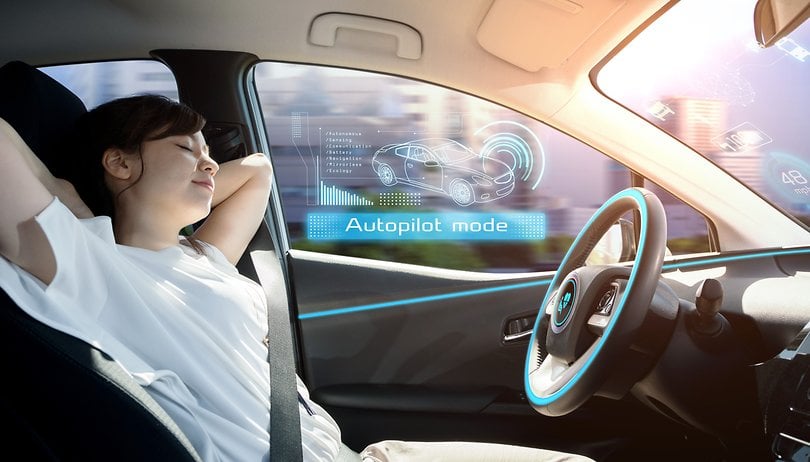

Self-driving cars are on the cusp of becoming a reality, and slowly arriving onto the mainstream. But before widespread adoption, the ethical challenges of road safety are going to have to make it out of academia and into the public debate. With tough questions being asked, we may learn something about ourselves and our neighbors...and not always like what we find.
Waymo has started offering a real robo taxi service in and around Phoenix, Arizona, scoring a historic first that Uber and Lyft are keen to catch up to, as well as old-guard titans such as Ford and General Motors. It's slow and steady process to win the race here, because the road to autonomous cars is littered with minefields. Not merely technical, but also ethical.
If you followed the development of self-driving cars at all, you've probably come across the issue of the trolley problem, revised in a modern form to tackle the trickiest moral issue about AI vehicles...in an accident scenario where multiple people are at risk, whose lives should be prioritized? The driver? Passenger? Pedestrians? Animals?
Not everyone agrees who should be spared
We previously referenced a study that attempted to gauge how people felt about this, surveying almost 40 million decisions from 2.3 million people located around the world. The study published in Nature, highlights a few broad trends such as humans should be spared over pets, that the young should be spared over the old.
When we first covered the study it was projected that this kind of issue would be a cornerstone of resistance to self-driving vehicles. I'm convinced that self-driving vehicles are coming regardless. There's just too much money behind it now. The issue is more what shape the dialogue around them will take.
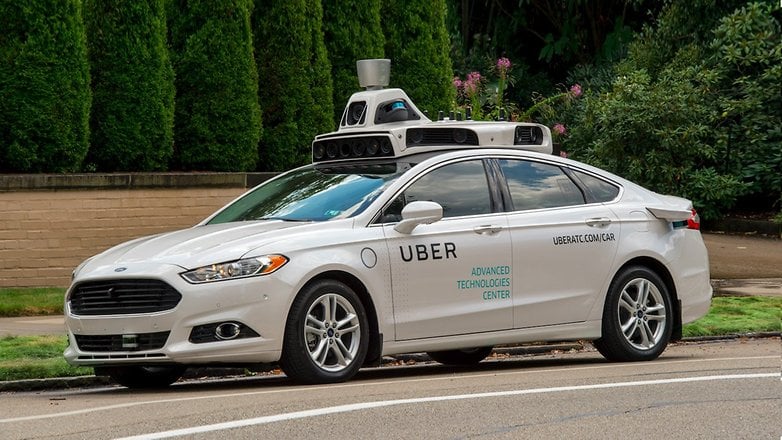
It's the differences, rather than the broad trends of agreement, that are really thought-provoking. Because when you ask people to effectively sort human life in a hierarchy of value, a picture in many cases informed by prejudice, potentially bigotry, and by no means universal cultural norms emerge.
For example, even across the globe, we saw a preference to prefer women over men, athletes over overweight people, executives over homeless people. Across blocs grouped by geographical and cultural commonalities, other disagreements were noticed, for example, Asian countries were less disposed to favor the young over the old.
While it's by no means clear that the ethics of self-driving vehicle AI will be designed according to crowdsourced or democratic methods, companies will want to avoid backlash by pleasing as many people, or potential customers, as possible. The possibility of lawsuits and insurance contracts will also be a factor. And if the government steps in to regulate, then some democratic consultation should be in order.

Whether via official consultation or water-cooler debate, we are just a few steps away from discovering that your cousin, co-worker, or elected lawmaker prefers sparing women over men, or say, police officers over prostitutes, the native population over immigrants, rich over poor. Personally, I couldn't stomach the idea of homeless people being considered more expendable than others.
AI isn't also behind self-driving cars, it also fuels image recognition and surveillance. In China, for example, AI is behind an oppressive system to identify dissidents, criminals and disadvantaged minorities automatically. This kind of information could be used to decide for self-driving cars who to prioritize in the case of accidents.
If you think that the culture war and fierce arguments about seemingly incompatible values about lifestyle, law, immigration, animal rights, etc. is already an intense pitch right now, just wait until it's a real matter of life and death on the road.
I for one believe that autonomous cars will be overall safer than relying on individual drivers to behave, but I don't want to see a system implemented that enshrines the prejudices of today in an unaccountable AI. Some rules are going to be worked out one way or another, but in the painful process of public debate, we may have to confront some very ugly truths about ourselves and our fellows.
How do you think the ethics of self-driving cars will develop?
Source: Nature
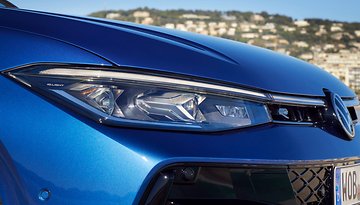
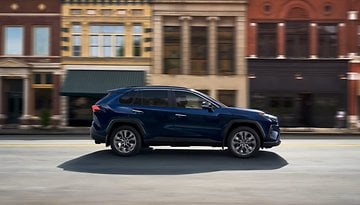








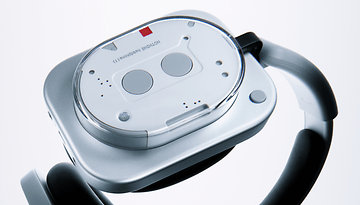



The article misses the actual biggest ethical issue: Should rich people and specifically the executives at the companies who program the AI be allowed to customize the decisions their AI makes? Imagine if your car prioritizes saving 8 lives over the life of the driver, but the guy who coded that behavior into your car is prioritized over an entire school bus.
And really, how are we going to stop this from happening?
My standing prediction is that millions of robot passenger cars (obsessively driving at posted limits, stopping on first yellow, never crowding left turns - like grannies for insurance coverage) will never share roads with human drivers. Where a city or private landowner introduces robots it will ban human driving, and accidents will be very rare. The main crash issues will be from interaction of humans with large robot trucks, autobuses, and transit vehicles - monsters that meatware drivers will welcome on their highways and lanes for the strict law-abiding behavior (no white pills, high speed tailgating, illegal lane blockage to unload cargo) that they hate in robot personal vehicles. The ethical puzzlers will be rare since there aren't so many big rigs, and they are heavily regulated already. (I can't imagine assignment of legal liability / insurance denial because "Robot hit fatty instead of skinny", or "Robot maimed a family instead of killing a codger.")
All cars should act to protect to themselves. It's the simplest chain to program with the widest applicability and the best set of information to work from. Too many other variables that are difficult it impossible to determine. And would you want to ride in a vehicle that didn't prioritize you?